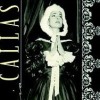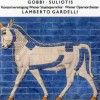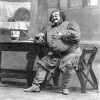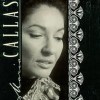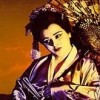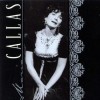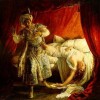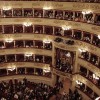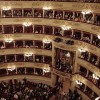| Voice/Instrument: |
Biography
Tito Gobbi was born in Bassano del Grappa and studied law at the University of Padua before he trained as a singer. Giulio Crimi (1885-1939), a well-known Italian tenor of a previous generation, was Gobbi's teacher in Rome. He made his operatic debut in Gubbio in 1935 as Count Rudolfo in Bellini's La sonnambula. In 1942, he debuted at Italy's leading opera house, La Scala in Milan, in the role of Belcore in Donizetti's L'elisir d'amore. He also appeared at the Rome Opera and other significant Italian venues.
Gobbi's international career blossomed after the Second World War, beginning with appearances in 1948 at the San Francisco opera. He performed for the first time at London's Royal Opera House, Covent Garden, in 1950 and sang with the Lyric Opera of Chicago from 1954 until 1974. The year 1974 also saw the last of Gobbi's numerous appearances at Covent Garden, where he had been much admired by the public and critics alike. He was praised for his brilliant musicianship as well as for his acting talent and interpretive insights.[citation needed]
In his early career he appeared in a considerable number of films, some filmed operas such as The Barber of Seville and also the popular 1948 British drama set in wartime Italy The Glass Mountain which made him known to a wide public.
During the 1960s, Gobbi diversified into stage directing, a notable example being his 1965 production of Verdi's Simon Boccanegra at Covent Garden. He made many recordings, too, and appeared in some 25 films during his career, in both singing and speaking roles.
Gobbi famously sang the part of Scarpia in the 1964 Franco Zeffirelli production of Puccini's Tosca at Covent Garden, with soprano Maria Callas in the title role. Act II of the production was filmed and shown on British television. (It is now preserved on DVD.) Gobbi and Callas had previously sung Tosca together in a classic 1953 EMI recording of the opera made in Milan, with Giuseppe Di Stefano as Cavaradossi and Victor de Sabata conducting. That 1953 album was re-issued on long-playing gramophone record and, later, CD. It is considered by many to be the finest recording of a complete opera ever made. It went out of print only once, after Callas recorded the role again in stereo in 1964; but the 1953 mono version was soon re-released and is the one that remains readily available to this day. Gobbi was a close friend and admirer of Callas, and was interviewed several times about their various stage collaborations.
In 1968 he participated in the first opera telecast in Australia (Tosca, with Marie Collier in the title role and Donald Smith as Cavaradossi).
In 1969, Gobbi was announced as that year's King of Moomba by the Melbourne Moomba festival committee, amid some controversy. (Gobbi was the third non-Australian so honoured and some people were calling for an Australian 'king' to be crowned.) He considered 'abdicating' but went on to receive huge acclaim at the subsequent Moomba parade through Melbourne's streets. It was "... the biggest audience of my career, ... I am so happy I did not abdicate. I am proud to be king of Moomba".
Gobbi retired in 1979. By this juncture, he had acquired a repertoire of almost 100 operatic roles. They ranged from Figaro, through Donizetti and the standard Verdi and Puccini parts, to Wozzeck.
He had a daughter, Cecilia, with his wife Tilda. (Cecilia now runs the Associazione Musicale Tito Gobbi, an organization devoted to preserving and celebrating the record of her father's contribution to opera.) He was also the brother-in-law of one of his famous colleagues at Covent Garden, the Bulgarian-born bass, Boris Christoff.
In retirement, Gobbi turned to writing. His autobiography, Tito Gobbi: My Life, was published in 1979. The book Tito Gobbi and His World of Italian Opera followed in 1984. He died in Rome that same year, aged 70.





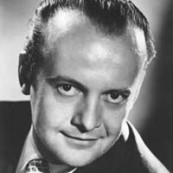
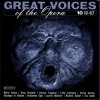
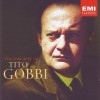
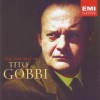
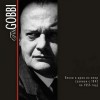

![Verdi - The Great Operas - 07 - Otello (2CD) [Serafin, 1960]](http://static.classicalm.com/repository/composition-cover/small/44164-img1665702573453046.jpg)
![Maria Callas - Verdi - Un Ballo in Maschera (1956) [Remastered 2014]](http://static.classicalm.com/repository/composition-cover/small/42643-img1625240743219916.jpg)
![Maria Callas - Puccini - Tosca (1964-65) [Remastered 2014]](http://static.classicalm.com/repository/composition-cover/small/42640-img1625237639315163.jpg)
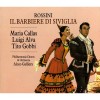
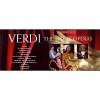
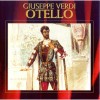
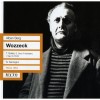
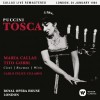
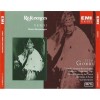
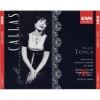
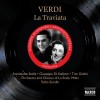
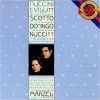
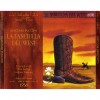
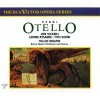
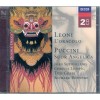
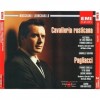
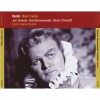
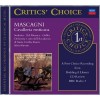
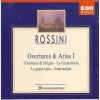
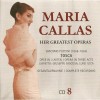
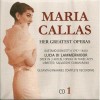
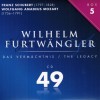
![Maria Callas - Verdi Rigoletto (1955) [Remastered 2014]](http://static.classicalm.com/repository/composition-cover/small/22933-img1423156980313386.jpg)
![Maria Callas - Rossini Il barbiere di Siviglia (1957) [Remastered 2014]](http://static.classicalm.com/repository/composition-cover/small/22930-img1423140651666645.jpg)
![Maria Callas - Puccini Tosca (1953) [Remastered 2014]](http://static.classicalm.com/repository/composition-cover/small/22928-img1423138940430395.jpg)
![Maria Callas - Leoncavallo I Pagliacci (1954) [Remastered 2014]](http://static.classicalm.com/repository/composition-cover/small/22923-img1423132863490208.jpg)
![Maria Callas - Donizetti Lucia di Lammermoor (1953) [Remastered 2014]](http://static.classicalm.com/repository/composition-cover/small/22921-img1423060717720780.jpg)
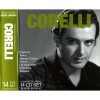
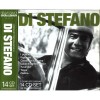
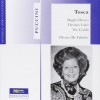
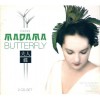
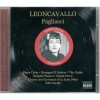
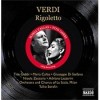
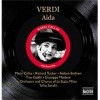
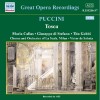
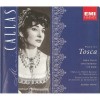
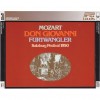
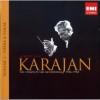
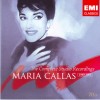
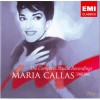
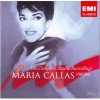
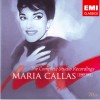
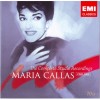
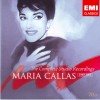
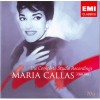
![Berg - Wozzeck [performed in Italian] (Tito Gobbi, Petre Munteanu, Dorothy Dow, RAI Roma Orchestra and Chorus & Nino Sanzogno) + BONUS](http://static.classicalm.com/repository/composition-cover/small/17195-img1383140396281441.jpg)
